Chapter 1
Sociology
By Boundless
Sociological studies range from the analysis of conversations to the development of theories in order to understand how the world works.
The sociological imagination is the ability to situate personal troubles within an informed framework of larger social processes.
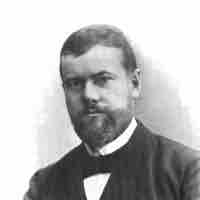
Early sociological studies were thought to be similar to the natural sciences due to their use of empiricism and the scientific method.

As a social science, sociology explores the application of scientific methods to the study of the human aspects of the world.

The sociological approach goes beyond everyday common sense by using systematic methods of empirical observation and theorization.
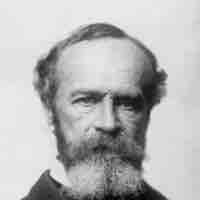
Social scientists began to adopt the scientific method to make sense of the rapid changes accompanying modernization and industrialization.
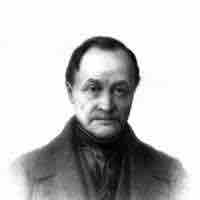
One of the most influential early figures in sociology was Auguste Comte who proposed a positivist sociology with a scientific base.

Harriet Martineau was an English social theorist and Whig writer, often cited as the first female sociologist.
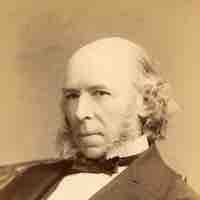
Herbert Spencer created what he called "sociology," a synthetic philosophy that tried to find a set of rules explaining social behavior.
Marx focuses on explaining class conflict due to the means of production, which he posited was the driving force behind social evolution.
Emile Durkheim studied how societies maintained social integration after traditional bonds were replaced by modern economic relations.

Weber departed from positivist sociology, instead emphasizing Verstehen, or understanding, as the goal of sociology.
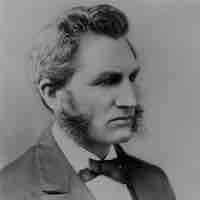
Lester Ward, the first president of the American Sociological Association, is generally thought of as the founder of American sociological study.
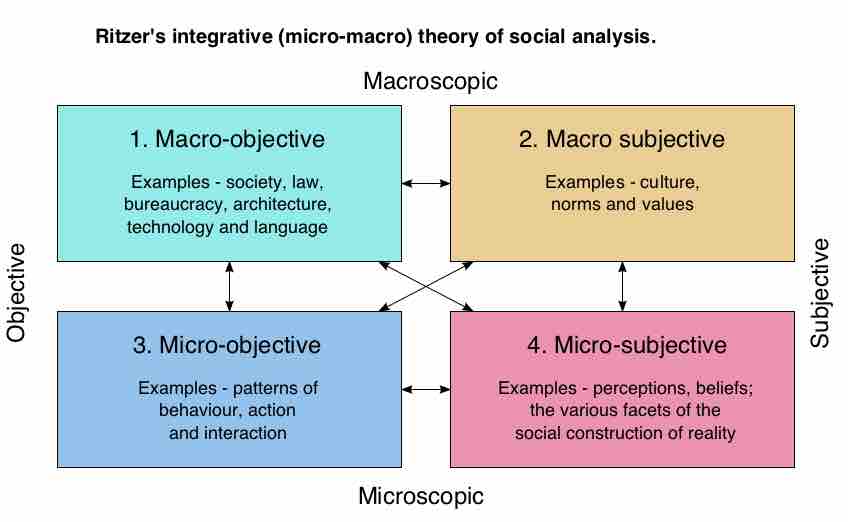
Social theories draw the connections between seemingly disparate concepts in order to help us understand the world around us.
The functionalist perspective attempts to explain social institutions as collective means to meet individual and social needs.
Conflict theory sees society as a dynamic entity constantly undergoing change as a result of competition over scarce resources.
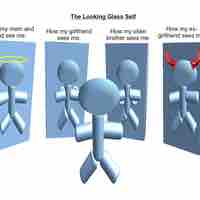
Symbolic interactionism looks at individual and group meaning-making, focusing on human action instead of large-scale social structures.
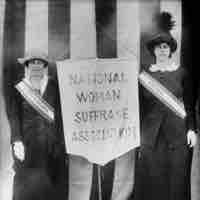
Feminist theory is a conflict theory that studies gender, patriarchy, and the oppression of women.
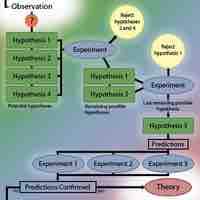
Sociologists use both theory and practice to understand what is going on in the social world and how it happens.

Contemporary sociology does not have a single overarching foundation—it has varying methods, both qualitative and quantitative.

Sociological study may be conducted at both macro (large-scale social processes) and micro (small group, face-to-face interactions) levels.
Applied or clinical sociology uses sociological insights or methods to guide practice, research, or social reform.
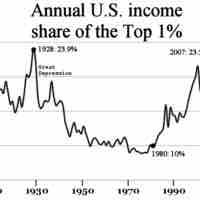
Sociologists study many types of inequality, including economic inequality, racial/ethnic inequality, and gender inequality.
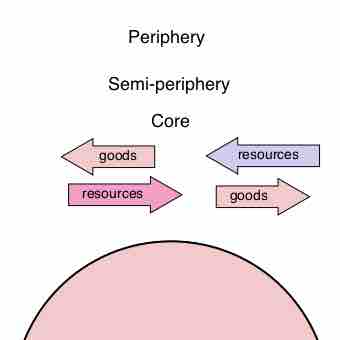
Increasingly, sociologists are turning their attention to the world at large and developing theories of global processes.